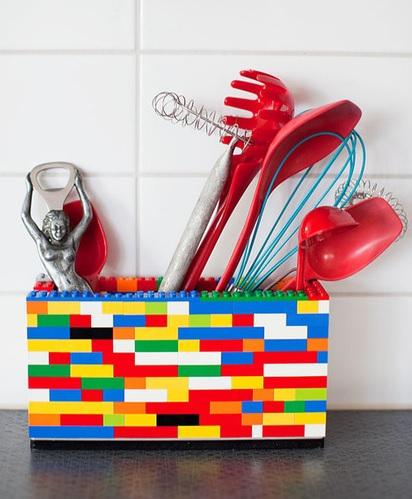Maintaining a well-functioning home is akin to tending a garden; it requires consistent care and attention to prevent small issues from blossoming into major problems. Regular maintenance not only preserves the integrity of your home but also saves you from costly repairs down the line.
While some tasks are simple enough for any homeowner to tackle, knowing when to call in a professional can make all the difference.
In this comprehensive guide, we’ll explore the importance of regular maintenance, delve into simple do-it-yourself (DIY) checks, and identify situations where seeking professional help is essential for the health of your home.

The Importance of Regular Maintenance
Regular maintenance is the cornerstone of a well-maintained home. Just as a car needs regular oil changes to run smoothly, your home requires periodic inspections and upkeep to remain in optimal condition.
Neglecting maintenance can lead to a domino effect of problems, from minor inconveniences to major structural damage. By staying proactive and addressing issues as they arise, you can extend the lifespan of your home and avoid costly repairs.
Moreover, regular maintenance enhances safety by identifying potential hazards such as electrical faults or water leaks before they escalate.
Simple DIY Checks for Homeowners
Many routine maintenance tasks can be performed by homeowners with basic tools and knowledge. One of the simplest yet most important checks is inspecting the HVAC system’s air filters.
Clogged filters restrict airflow, reducing efficiency and potentially leading to costly repairs. Similarly, checking for water leaks in faucets, toilets, and under sinks can prevent water damage and mold growth.
Another DIY task is inspecting and cleaning gutters to ensure proper drainage and prevent water from seeping into your home’s foundation.
Additionally, regularly inspecting and sealing windows and doors can improve energy efficiency and reduce heating and cooling costs. By performing these simple checks regularly, homeowners can maintain the integrity of their homes and catch problems early on.
Knowing When to Call a Professional
While DIY maintenance is beneficial, there are certain tasks best left to professionals. Electrical work, for example, poses significant risks to untrained individuals and should always be handled by a licensed electrician.
Similarly, major plumbing repairs, such as replacing a water heater or fixing a burst pipe, require specialized knowledge and tools. Structural issues, such as foundation cracks or roof damage, also necessitate professional attention to prevent further damage to your home.
When in doubt, it’s better to err on the side of caution and enlist the expertise of a qualified professional. Not only does this ensure the job is done safely and correctly, but it also provides peace of mind knowing your home is in capable hands.
Budgeting for Maintenance Costs
While regular maintenance is essential, it’s also important to budget for associated costs. Setting aside a portion of your household budget for maintenance expenses can help you avoid financial strain when unexpected repairs arise.
Consider creating a dedicated maintenance fund or setting up a monthly budget for anticipated expenses. Additionally, investing in preventative maintenance, such as routine inspections and servicing, can save you money in the long run by identifying and addressing issues before they escalate.
For example, if you want to be secure when it comes to your boiler, make sure to prioritize regular maintenance. Utilizing a boiler cover comparison site can streamline this process, allowing you to easily compare policies side by side and find the most suitable option for your needs.
By planning and budgeting wisely, you can ensure that your home remains in good condition without breaking the bank.
Signs of Potential Problems
Being proactive about maintenance involves being vigilant for signs of potential problems. For example, water stains on ceilings or walls may indicate a roof leak or plumbing issue that requires immediate attention.
Uneven or sloping floors could signal foundation settlement or structural damage, necessitating a professional inspection. Similarly, unusual sounds or odors emanating from appliances or HVAC systems may indicate underlying issues that require prompt repair.
By staying attuned to these warning signs and addressing them promptly, homeowners can prevent minor issues from escalating into costly repairs or safety hazards.
The Role of Seasonal Maintenance
Seasonal maintenance plays a crucial role in keeping your home in top condition year-round. In the spring, tasks such as cleaning gutters, inspecting the roof for winter damage, and servicing the air conditioning system are essential.
Summer maintenance may involve mowing the lawn, trimming vegetation away from the house, and inspecting outdoor plumbing fixtures for leaks or damage. Fall is an opportune time to clean and inspect the HVAC system, seal gaps around windows and doors, and prepare the home for colder temperatures.
Finally, winter maintenance focuses on tasks such as insulating pipes, sealing drafts, and ensuring the heating system is in good working order.






